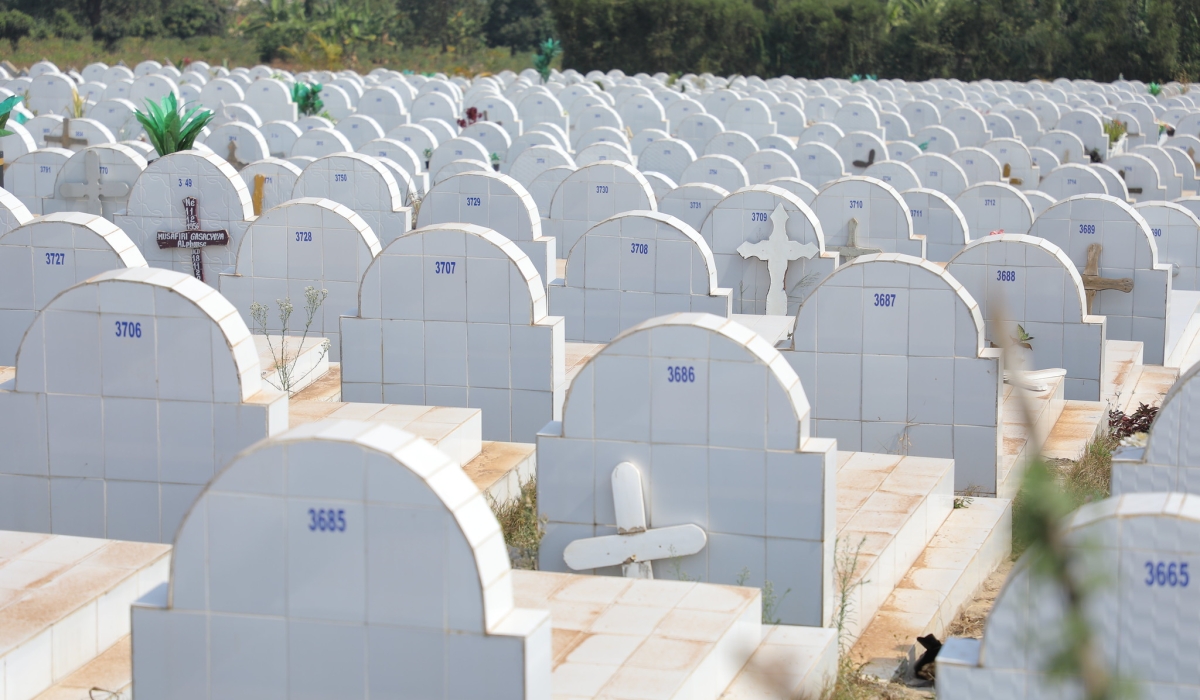The number of deaths registered in Rwanda rose to 36,021 in 2024, marking a slight increase from 35,574 in 2023, according to the latest Rwanda Vital Statistics Report 2024. The figures highlight a persistent public health challenge, particularly due to the growing burden of noncommunicable diseases (NCDs).
The crude death rate (CDR) in 2024 stood at 2.6 deaths per 1,000 people, slightly higher than the 2.5 recorded in 2023. Men accounted for a greater share of total deaths, with a male-to-female death ratio of 122.7 males for every 100 females, indicating a gender gap in deaths that has remained steady over recent years.
In terms of causes of death, noncommunicable diseases such as cardiovascular conditions, cancers, and diabetes accounted for 47.7% of all medically certified deaths in 2024. Communicable diseases made up 42.9%, while injuries and other external causes contributed 9.4% to the overall mortality burden.
Community deaths, those that occurred outside health facilities, continued to be a major component, with 59.3 % of all deaths happening in homes and other non-clinical settings. To improve the understanding of these deaths, the report notes that 84% of community deaths were successfully assigned a medically usable cause through the Computer Coded Verbal Autopsy (CCVA) system.
Age-specific analysis showed that deaths were highest among individuals aged 70 years and above, followed by those in the 60 to 69 and 50 to 59 age groups. Infant and under-five mortality also remained areas of concern, although the report did not provide specific figures for these categories.
Efforts to increase the completeness and timeliness of death registration are yielding results. In 2024, 90.8 per cent of all deaths were registered within 30 days, a notable improvement from 84% in 2023. However, challenges such as underreporting in remote areas and delays in certification persist.
The National Institute of Statistics of Rwanda (NISR), which compiled the report, emphasised the importance of improving death data collection and certification processes. These efforts are critical for public health planning and tracking progress toward national and global health targets, including the Sustainable Development Goals (SDGS).





